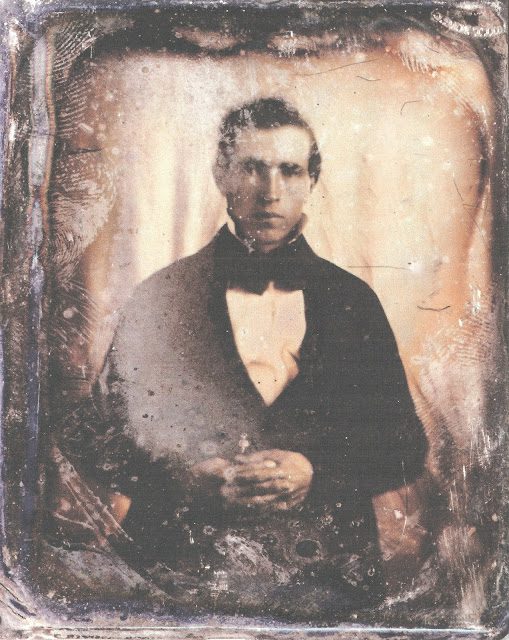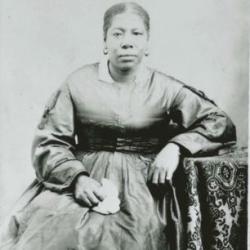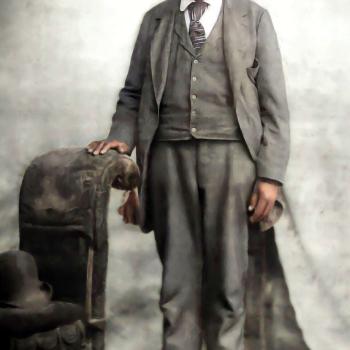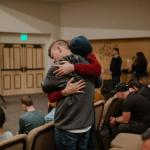
Heber C. Kimball told a story of Joseph’s being reduced to tears at a little girl’s simple faith. “He was gentle to children,” remembered George Q. Cannon, “and universally won their love.”
When Martin Harris lost 116 manuscript pages of the translation. Joseph’s mother recalls his reaction: “‘Oh, my God!’ said Joseph, clinching his hands. ‘All is lost! All is lost! What shall I do? I have sinned—it is I who tempted the wrath of God.’” “He wept and groaned,” she says, “and walked the floor continually.” His sister Katharine remembers that “he fasted and prayed several days” after he learned what had happened.
Such displays of emotion seem difficult to counterfeit. If they were fake, Joseph Smith must have been guilty of an almost unfathomable cynicism. But of such cynicism and falsity his friends and associates saw no trace whatever. “The people fairly adored him,” recounted one woman. He showed “not the least affectation,” remembered Wandle Mace. “There was not the slightest appearance of ostentation or conscious power on his part,” recollected Mercy R. Thompson. “He was as free and sociable as though we had all been his own brothers and sisters, or members of one family. He was as unassuming as a child.” A member of the United States Congress wrote to his wife, following a meeting with Joseph Smith in Washington, that “Everything he says is said in a manner to leave an impression that he is sincere. . . . In his garb there are no peculiarities, his dress being that of a plain, unpretending citizen.” A reporter in Washington D.C. by the name of Matthew L. Davis commented on Joseph’s appearance during a sermon there. “He is sincere,” Davis wrote. “There is no levity, no fanaticism, no want of dignity in his deportment. . . . He is but a man, he said; a plain, untutored man; seeking what he should do to be saved.” A Methodist minister by the name of Prior visited Nauvoo in 1842 or 1843 and attended a Sunday service at which Joseph spoke. Later, he wrote that he had been expecting to see a guilt-ridden, hyperemotional fanatic. “But how was I disappointed when instead of the heads and horns of the beast and false prophet, I beheld only the appearance of a common man. . . . I was sadly disappointed.” Still, he was sure that Joseph’s sermon would meet his expectations. But it didn’t. “He commenced calmly, and continued dispassionately to pursue his subject. . . . He glided along through a very interesting and elaborate discourse with all the care and happy facility of one who was well aware of his important station, and his duty to God and man.”
Posted from Nauvoo, Illinois















